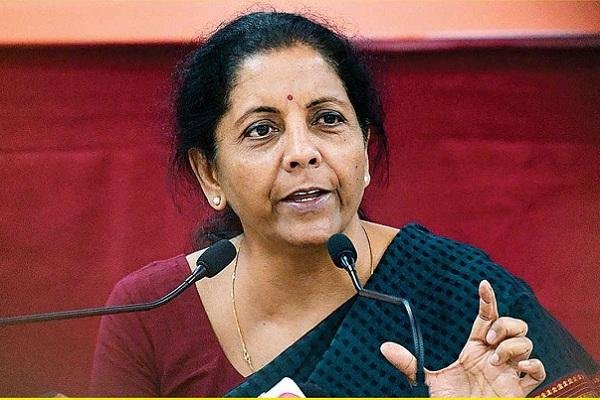New crypto regulations are ready for India’s monsoon session of parliament, says the country’s finance minister
India is getting closer to regulating cryptocurrencies within its borders. Deputy Finance Minister Nirmala Sitharaman told The Hindu that India's crypto bill is ready and the government has taken input from industry stakeholders. "We have worked hard on it. Taking stakeholder inputs into account. It is ready to go to Cabinet. "We need to wait
India is getting closer to regulating cryptocurrencies within its borders. Deputy Finance Minister Nirmala Sitharaman told The Hindu that India’s crypto bill is ready and the government has taken input from industry stakeholders.
“We have worked hard on it. Taking stakeholder inputs into account. It is ready to go to Cabinet. “We need to wait for the Cabinet to take it up and consider it so that we can then move forward,” she said in her interview.
In other words, the new laws to regulate cryptocurrencies in India could be up for debate during the next session of Parliament, which starts on July 19.
Parliament also listed the bill for the Budget session in February and March, however, it wasn’t brought forward then, possibly because the session was cut short because of the second COVID-19 wave that hit the country at the time.
From our side, I think one or two indications that I have given is that at least for fintech, experiment and pilot projects a window will be available. The Cabinet will have to make a decision.
Nirmala Sitharaman, India’s Finance Minister, told The Hindu Business Line
The Indian government’s stance on crypto remains unclear
A bill that was expected to debut during the Budget session of Parliament is expected to propose a ban on both ‘private cryptocurrencies’ and a digital rupee or central bank digital currency (CBDC).
Many expected that the bill would be a version of the regulations announced in a draft law announced back in 2019 that prohibited the majority of crypto exchanges and firms in the country.
However, the government has flip-flopped on its stance regarding digital currencies. Sitharaman has said in the past that the government considers a ‘calibrated’ approach to crypto.
There was a turning point in May, when an informal guidance from the Reserve Bank of India (RBI) led banks to stop accepting cryptocurrency transactions.
Because of this, Indian crypto exchanges were forced to stop accepting rupee deposits. Many exchanges have found workarounds, but there is still uncertainty about how Indians will trade crypto in the future. Also, some banks have issued warnings to users who have dealt with crypto exchanges.
In a report by crypto research firm Chainalysis, investments in crypto grew from $200 million in 2019 to $40 billion in 2020, signaling massive interest in digital currencies. Yet experts, industry stakeholders, and users remain uncertain about what these currencies’ future will be.












